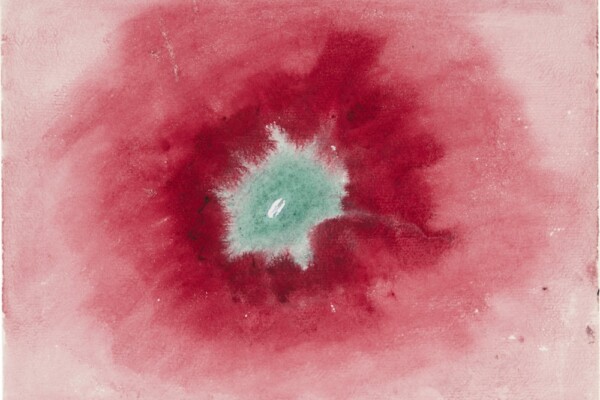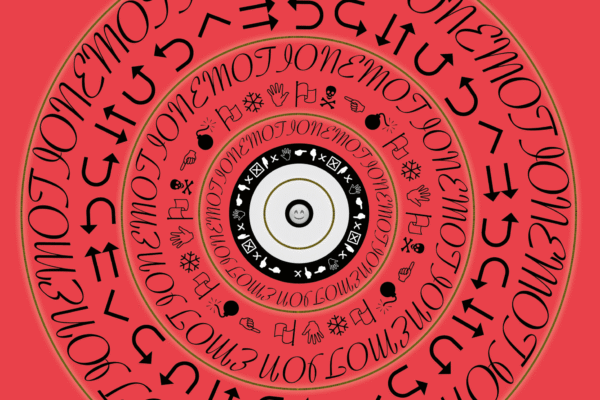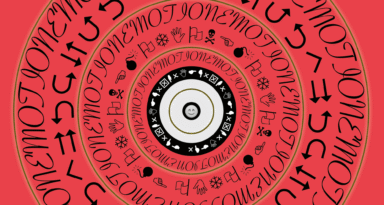“To be able to respond to anger without bitterness, to respond to fear without retreat, to meet joy without arrogance – this is the way of ren (humaneness). The noble person is not consumed by emotion, yet is never without feeling. He regulates his passions by the rites and thereby brings harmony to his household and peace to the world. Emotion must be governed by principle, and principle must be expressed with feeling. Without proper emotion, virtue becomes rigid; without principle, emotion becomes reckless.” -- Confucius, The Analects
NEWS FROM NOWHERE: The philosophical study of emotions and passions, have, over the centuries, brought up some mixed feelings, as it were, with few philosophers in agreement on what emotions are, what they’re for, and how they shape our thinking, morality, and experience of the world. Are emotions feelings, judgements, or bodily changes? Do emotions help us survive, or are they mere irrational forces that we should suppress?
German philosopher Immanuel Kant was distrustful of both emotions and passions. For Kant, emotions (which he called affects) were sudden, intense feelings that could overwhelm reason. Emotions disrupted calm reflection and could push one to act impulsively. While emotions were fleeting, passions were more enduring. A passion – like making money or seeking revenge – could take root in a person’s character. Kant viewed passion as dangerous because it risked enslaving the will and undermining moral autonomy.
David Hume, on the other hand, regarded emotions and passions as good and necessary. Passions drive human action, because reason alone can never motivate us. We are compelled to write an essay or to walk our dog by a desire or passion to do so, while reason finds a way to make it happen. We are primarily creatures of passion, and reason, according to Hume, “is and ought only to be the slave of the passions”, merely serving and obeying them.
Unlike Kant, Nietzsche, too, did not see passions as dangerous; on the contrary, he valued passions and strong emotions as sources of creativity, vitality, and individuality (“One must still have chaos in oneself to be able to give birth to a dancing star”). While he was somewhat critical of those who are purely reactionary – driven by strong emotions like anger or jealousy – he believed that passions can be noble and life-affirming if channelled correctly.





